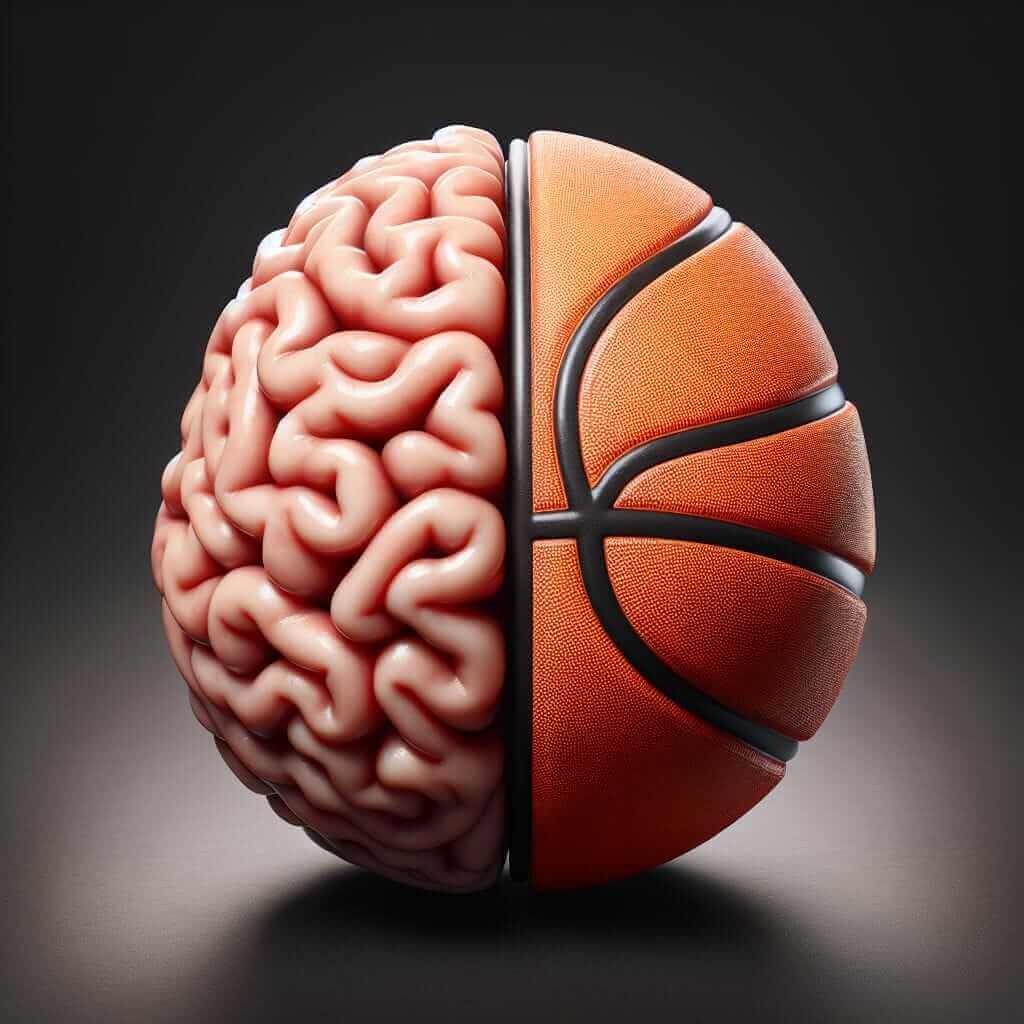As an IELTS instructor with over 20 years of experience, I often encounter students who struggle with the IELTS Reading section. One common difficulty is tackling complex scientific topics. This article aims to guide you through understanding and answering questions related to a popular IELTS reading topic: “how watching sport affects the brain.” We’ll explore potential questions, analyze answer strategies, and equip you with the knowledge to confidently tackle similar passages in your IELTS exam.
Nội dung bài viết
Understanding the Topic: Sports and the Brain
Before diving into potential questions, it’s crucial to understand the core concepts surrounding how watching sport affects the brain. Familiarize yourself with keywords and their synonyms:
- Physiological effects: Hormonal changes (adrenaline, dopamine), increased heart rate, neural activity.
- Psychological effects: Emotional responses (excitement, stress), social bonding, cognitive functions (attention, memory).
- Mirror neurons: Brain cells that fire both when we perform an action and when we observe someone else performing the same action.
- Cognitive benefits: Improved focus, enhanced mood, stress reduction.

Navigating Potential IELTS Reading Questions
You might encounter various question types related to this topic in the IELTS Reading section. Let’s explore some common ones:
1. True/False/Not Given:
- Example: “Watching sport has only positive effects on the brain.”
- Strategy: This statement is likely False. While there are positive effects, the passage might also mention negative impacts like increased aggression or addiction to the excitement. Always look for evidence within the passage to support your answer.
2. Matching Headings:
- Example: You might be asked to match headings like “The Role of Mirror Neurons” or “Hormonal Fluctuations During a Match” to specific paragraphs in the passage.
- Strategy: Skim the passage for keywords related to each heading. Focus on identifying the main idea of each paragraph to find the most accurate match.
3. Sentence Completion:
- Example: “The release of __ during a sporting event can lead to feelings of euphoria and excitement.”
- Strategy: Identify the keywords in the sentence (release, euphoria, excitement). Scan the passage for these terms and look for the missing word that fits grammatically and contextually. (The answer is likely “dopamine” or a synonym).
4. Short Answer Questions:
- Example: “What are two ways watching sport can impact cognitive function?”
- Strategy: Locate the relevant section in the passage discussing cognitive functions. Extract two specific examples and paraphrase them concisely within the word limit.
Tips for Success
- Vocabulary Enhancement: Expand your vocabulary related to sports, psychology, and biology to quickly grasp the passage’s meaning.
- Active Reading: Engage with the passage by highlighting keywords, underlining main ideas, and jotting down brief notes.
- Time Management: Allocate your time wisely. Don’t spend too long on a single question. Move on and return to it if needed.
- Practice Makes Perfect: Regularly practice IELTS Reading passages on various topics, focusing on identifying different question types and applying appropriate strategies.
By understanding the core concepts, familiarizing yourself with question types, and employing effective reading strategies, you can confidently tackle IELTS Reading passages on the fascinating link between watching sport and its impact on the brain. Remember, consistent practice and a strategic approach are key to achieving your desired IELTS score.